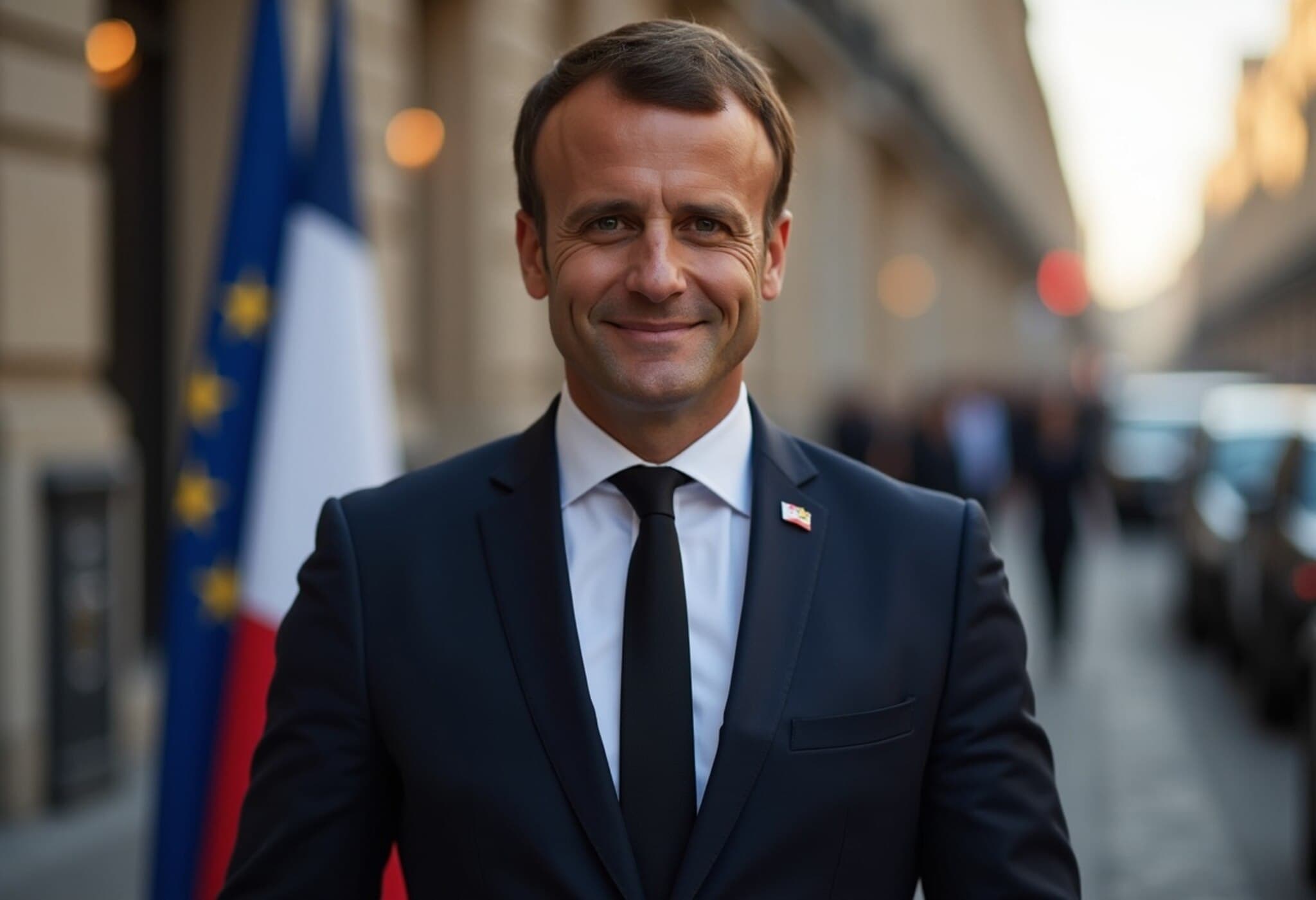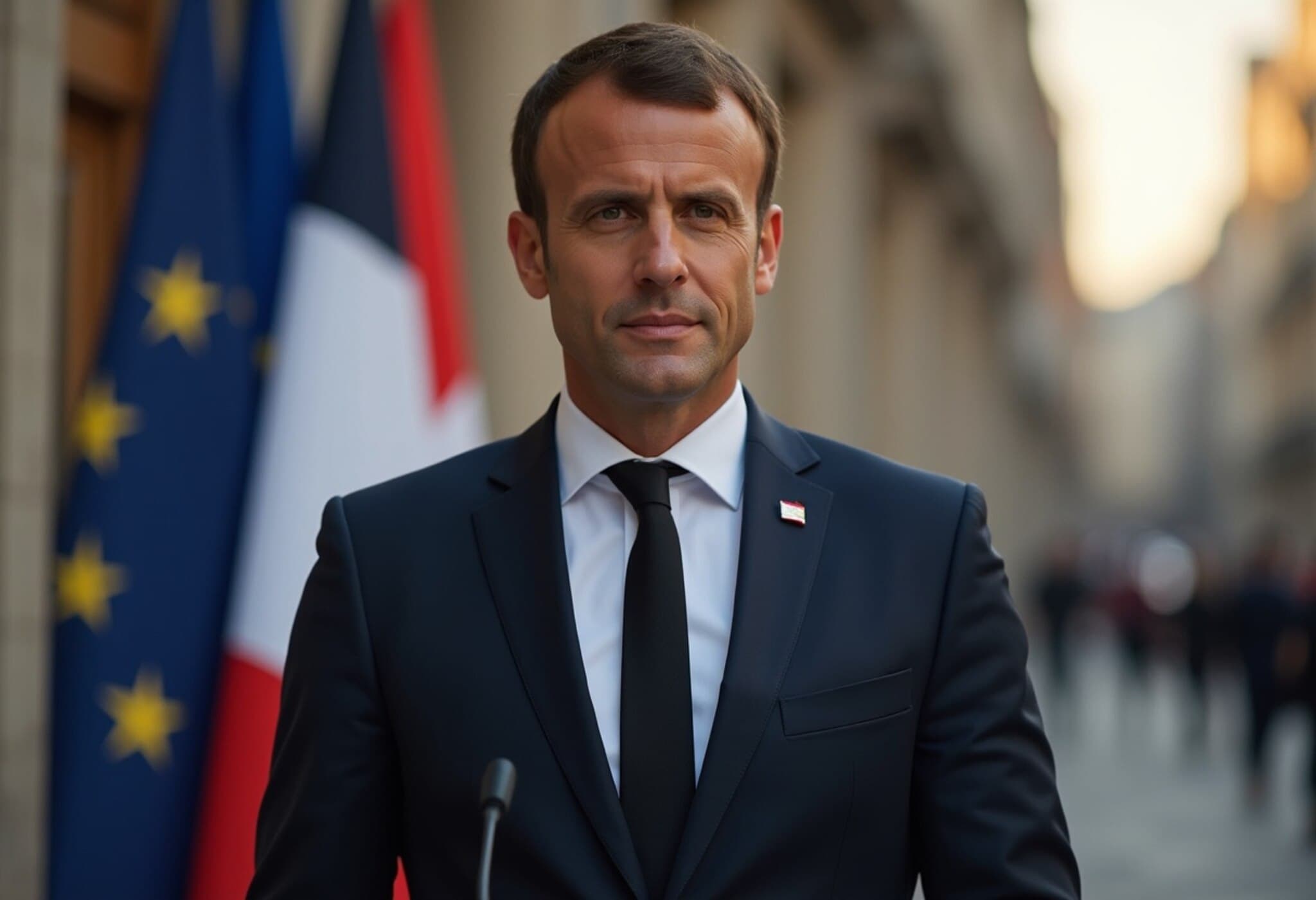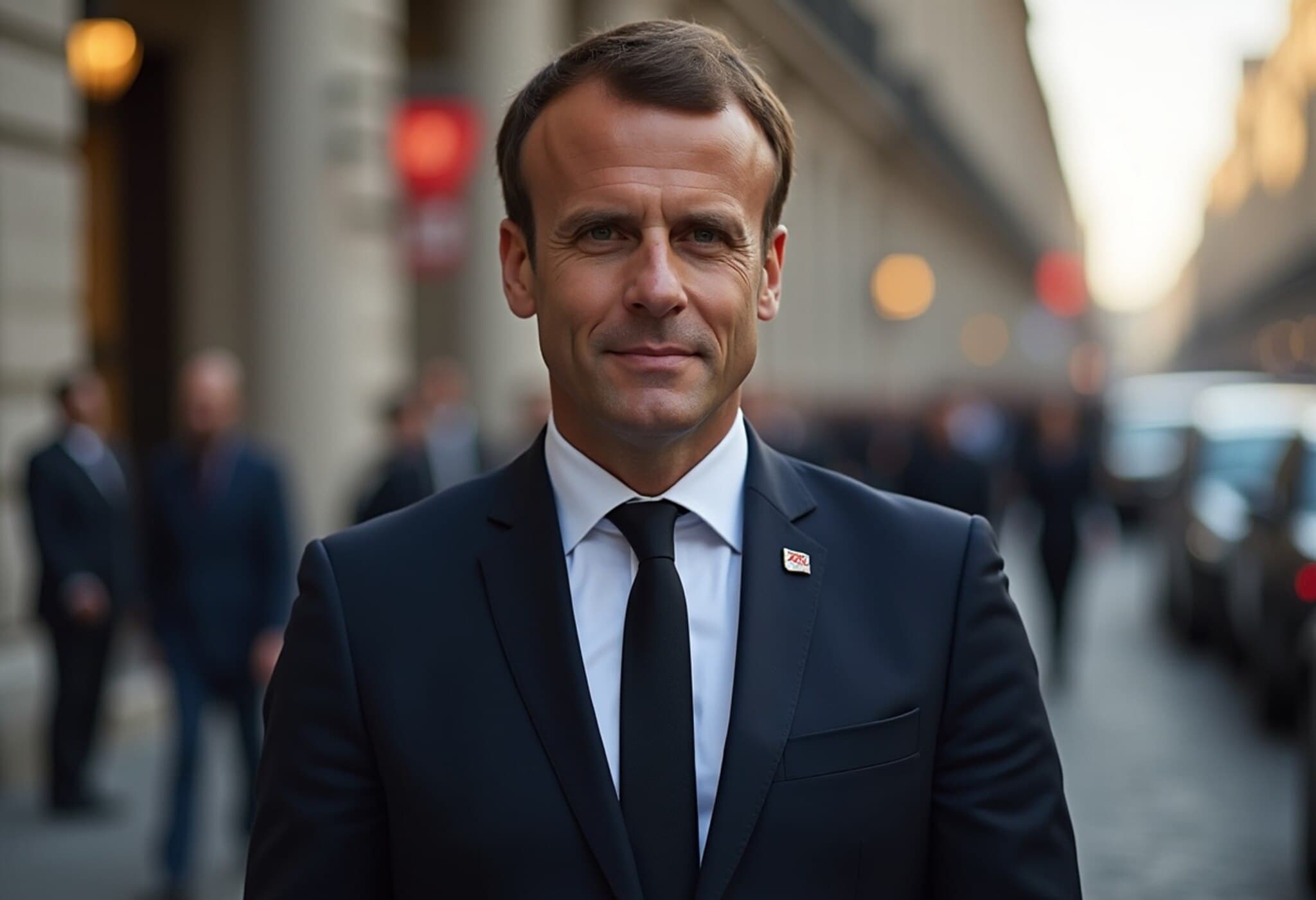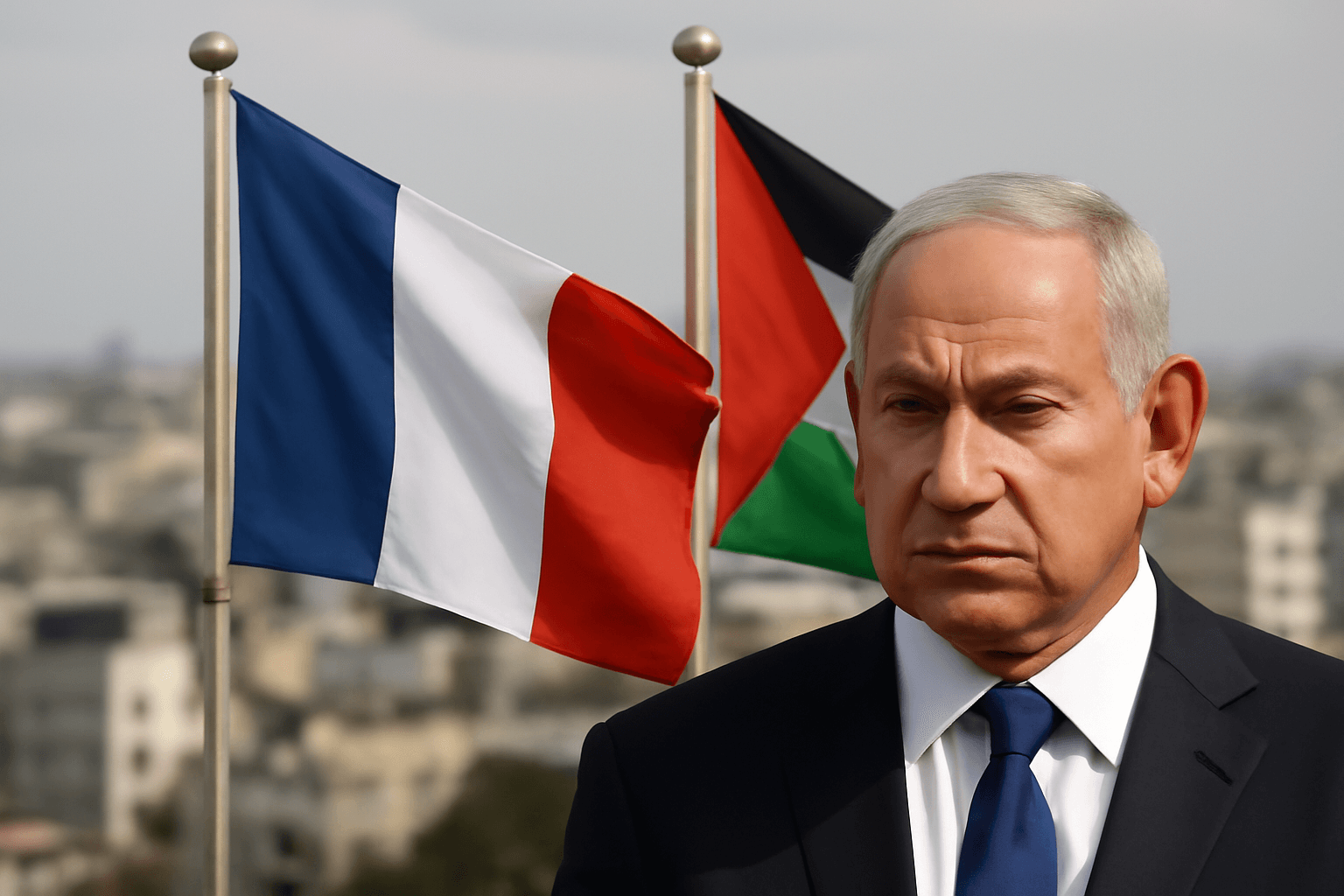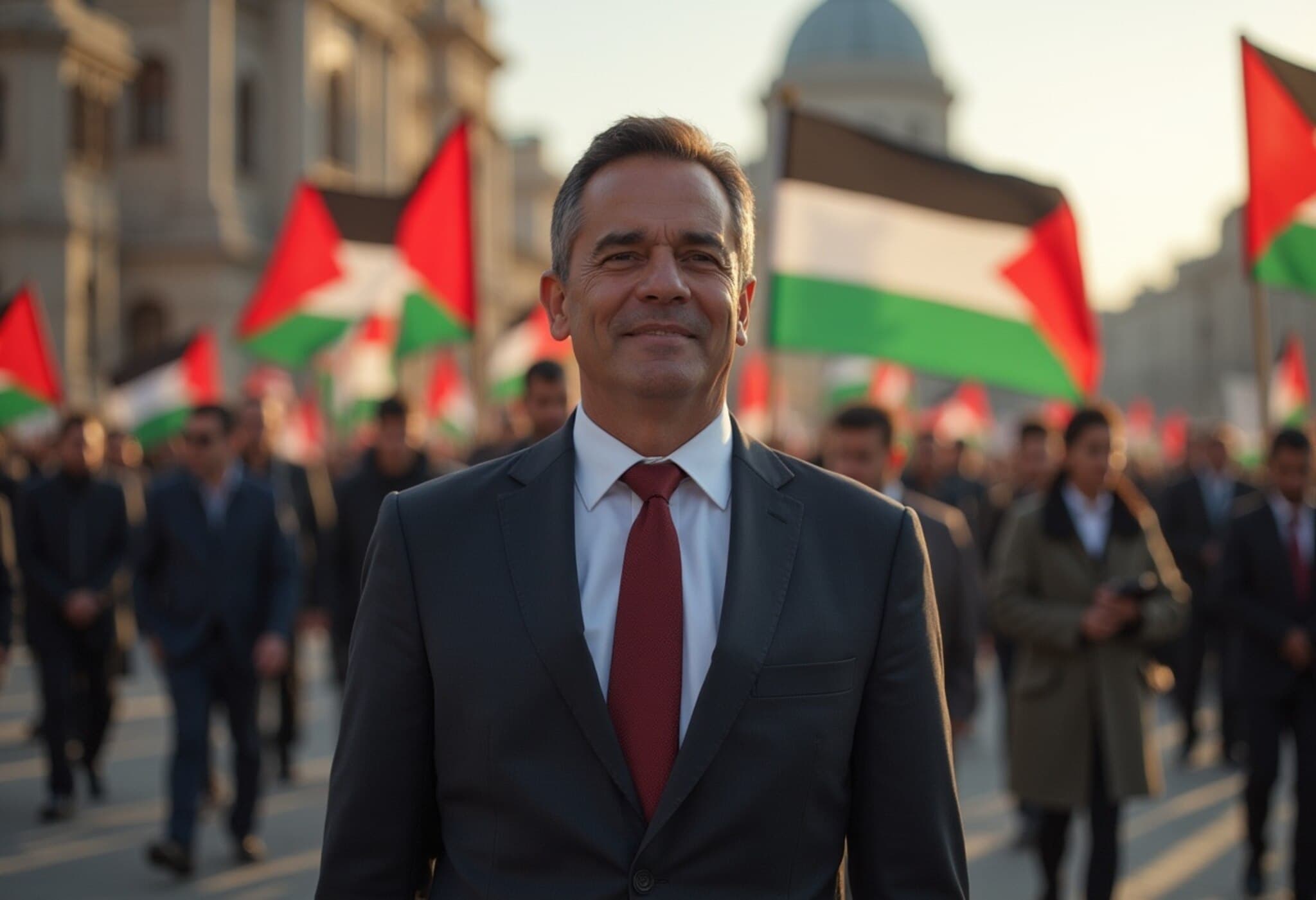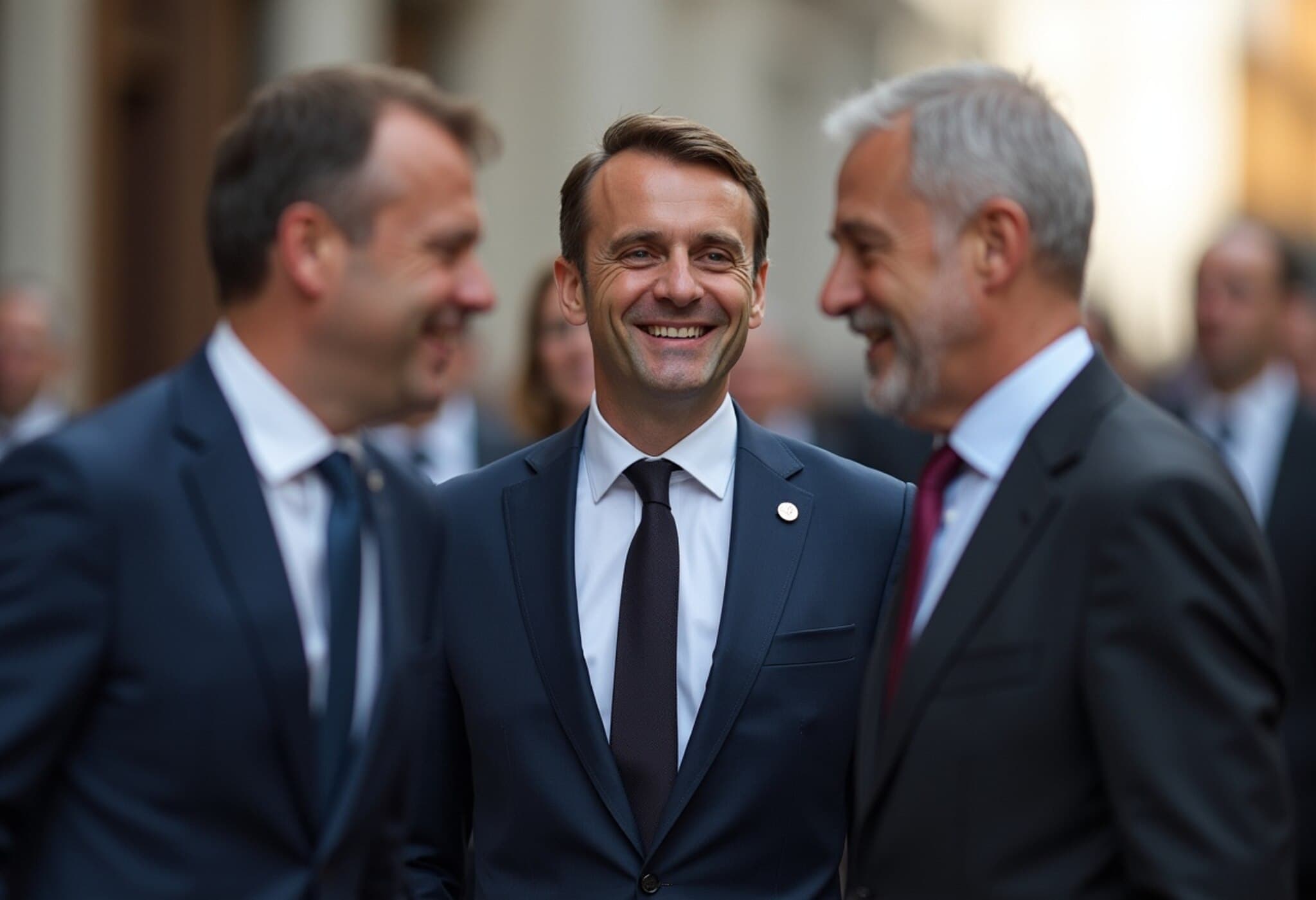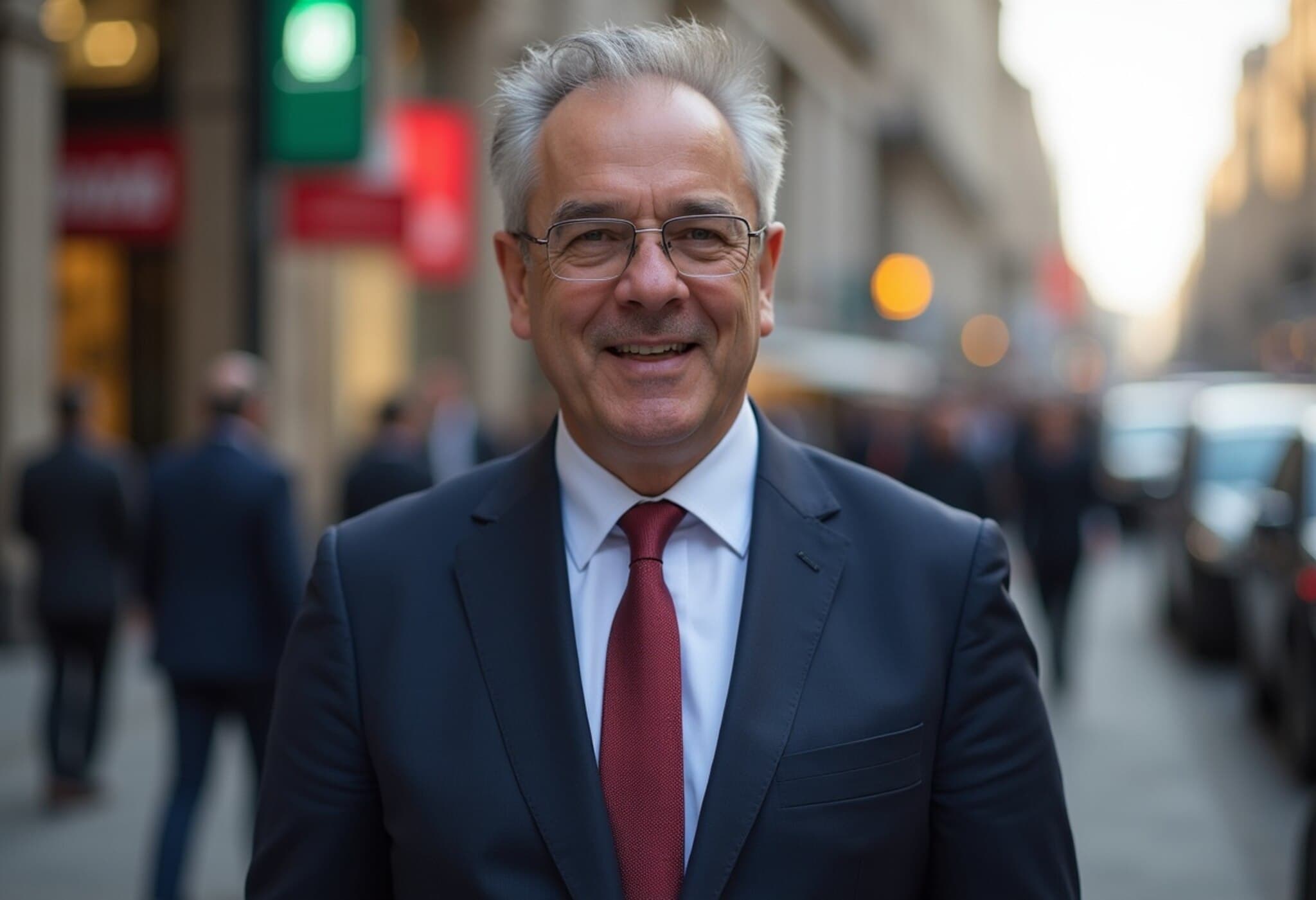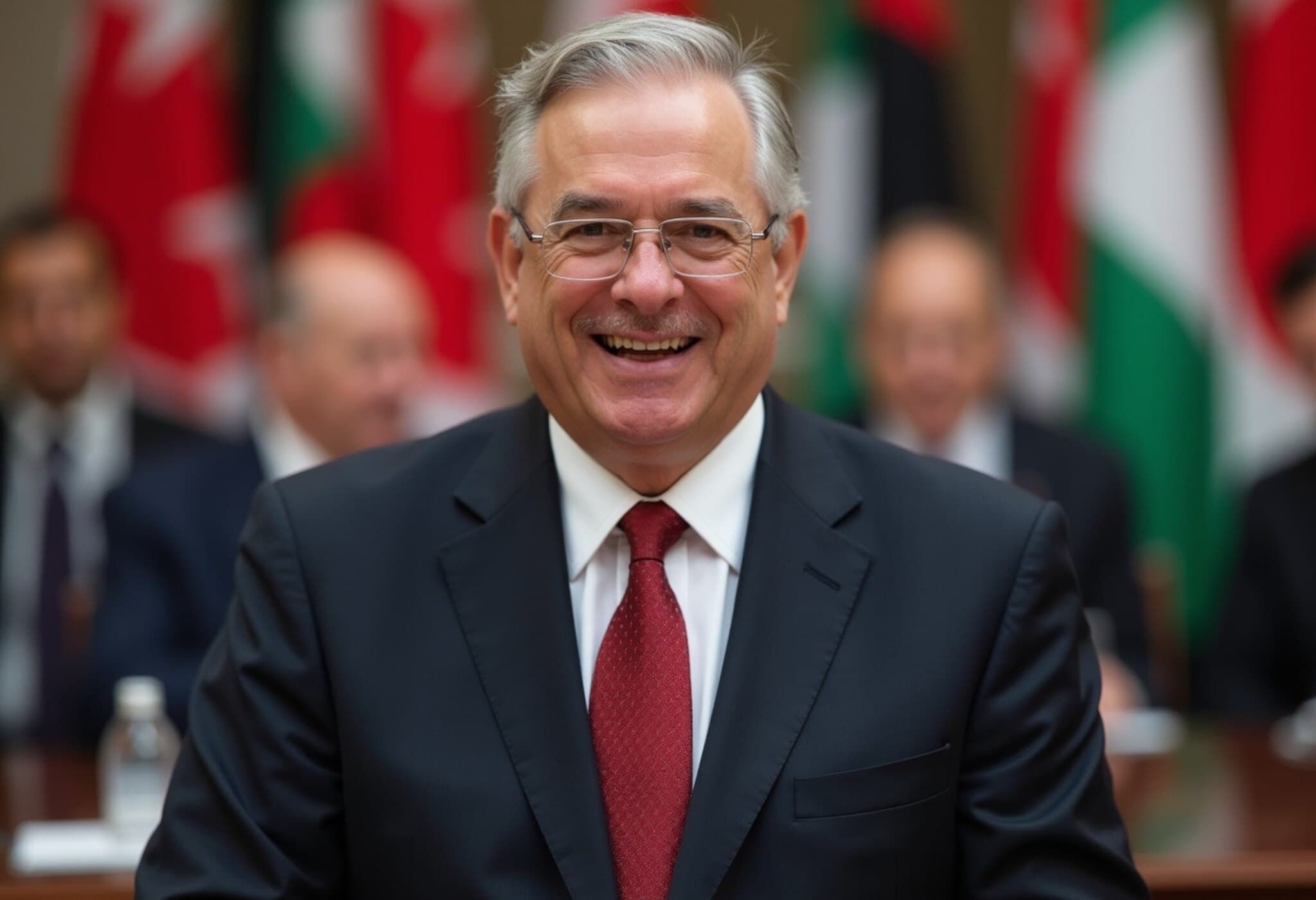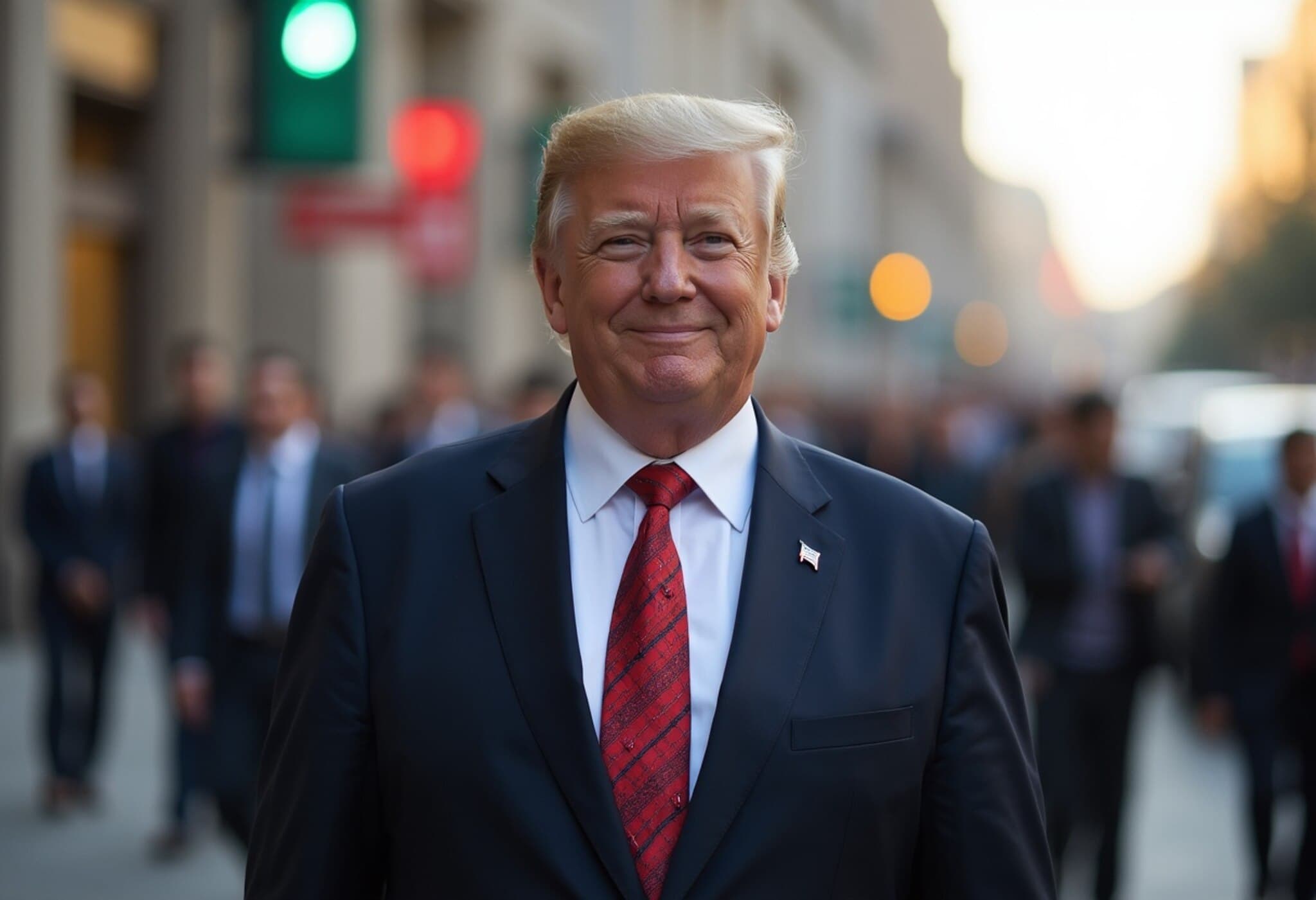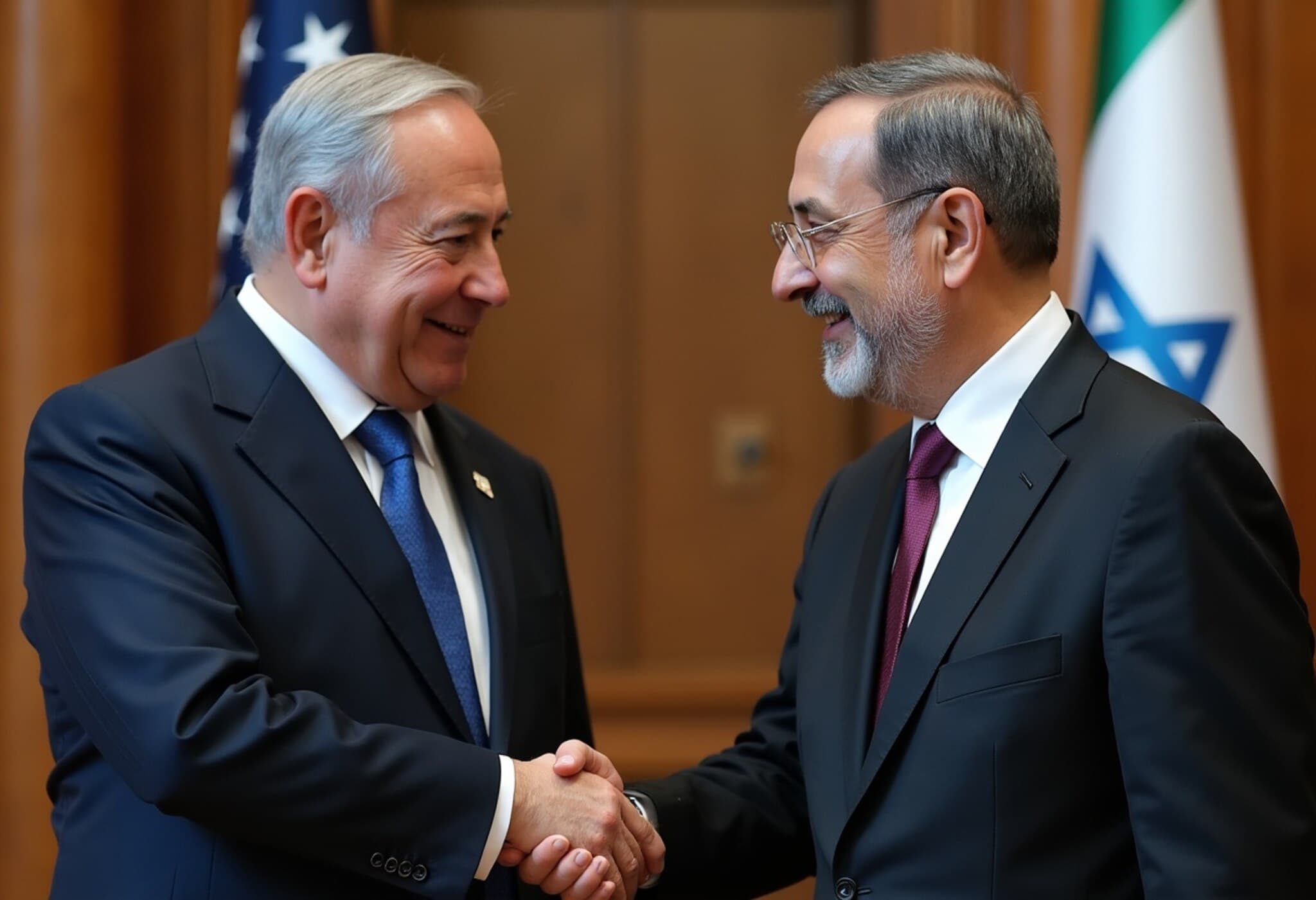France’s Historic Move to Recognize Palestine Signals Shift in Global Diplomacy
In a decisive and highly symbolic diplomatic gesture, French President Emmanuel Macron announced on Thursday that France will formally recognize Palestine as a state. This announcement, made via a post on X (formerly Twitter), is set to be formally presented at the United Nations General Assembly this September, marking France as the largest Western power to endorse Palestinian statehood amidst the escalating humanitarian crisis in Gaza.
Macron’s Statement and Its Deep Humanitarian Context
"The urgent thing today is that the war in Gaza stops and the civilian population is saved," Macron emphasized in his post, underscoring the profound humanitarian concerns driving this decision. The Gaza Strip has suffered immense devastation and widespread starvation as the ongoing conflict has spiraled out of control. France’s move intensifies international pressure on Israel to reevaluate its military actions and opens a new chapter in European involvement in Middle East peace efforts.
Diplomatic Ripples: Reactions from Israel, Palestine, and Beyond
- Israeli Government’s Stance: Israeli Prime Minister condemned the announcement swiftly, describing the recognition as a dangerous reward for terrorism, especially in light of Hamas’ attacks on October 7, 2023. Israel views Palestinian statehood under current conditions as a precursor to further aggression and an existential threat.
- Palestinian Authority’s Response: Palestinian leaders welcomed France’s stance warmly. Mahmoud Abbas received a formal communication about the recognition in Jerusalem, with PLO Vice President Hussein Al Sheikh publicly expressing gratitude and framing the move as aligning with international law and the Palestinians' right to self-determination.
- U.S. Position: Notably, the Biden administration has yet to issue an official reaction amid fraught ceasefire negotiations that recently collapsed in Qatar.
The Larger Picture: France’s Domestic Context and International Implications
France’s decision comes amid complex domestic dynamics given it harbors Europe’s largest Jewish population alongside a significant Muslim community, often leading to heightened social tensions linked to Middle East conflicts. Macron’s history of supporting Israel’s right to security coexists with growing frustration over Israel’s Gaza offensive.
By formally recognizing Palestine, Macron signals a renewed commitment to a just, sustainable peace in the Middle East, reaffirming that coexistence and a two-state solution remain within reach despite recent setbacks.
Upcoming Diplomatic Efforts and Regional Stakes
This announcement precedes a France-Saudi Arabia co-hosted United Nations conference next week aimed at revitalizing the two-state solution dialogue. It also follows the U.S. decision to terminate ceasefire talks, citing Hamas’ insincerity.
Macron is set to join British Prime Minister Keir Starmer and German Chancellor Olaf Scholz for emergency discussions focused on humanitarian aid delivery and conflict de-escalation.
- Britain’s Position: Starmer emphasized that recognizing Palestinian statehood is inseparable from ending hostilities and addressing the dire humanitarian conditions unfolding in Gaza.
Complex Realities on the Ground
Israel’s annexation of East Jerusalem and expansion of settlements in the West Bank, where over 500,000 Israeli settlers reside, have long complicated peace prospects. The Palestinian population in the West Bank faces military occupation with limited self-rule, a dynamic unresolved since the collapse of serious peace talks in 2009.
Amidst this backdrop, France’s recognition serves as both a call to reengage with long-stalled peace efforts and an international rebuke against the ongoing violence and humanitarian suffering.
Expert Analysis: What This Means for the Middle East and Beyond
From a policy analyst’s perspective, France’s step is more than a symbolic nod—it puts renewed pressure on Western allies, particularly the United States, to recalibrate their Middle East policies. While France previously balanced support carefully, this move embraces a more assertive stance that could encourage additional European nations to follow suit, potentially reshaping diplomatic landscapes at the UN and beyond.
Furthermore, this development raises critical questions about the future of international law, state sovereignty, and the mechanics of conflict resolution in protracted disputes. It invites reflection on how global powers can influence entrenched conflicts by blending diplomatic recognition with pragmatic peacebuilding measures.
Underreported Dimensions: Civilian Voices and Grassroots Impact
Amid the geopolitical maneuvering, the voices of Gaza’s civilian population remain underrepresented. France's decision resonates not just in capitals but in the lived experiences of millions yearning for security, self-determination, and dignity—a crucial human dimension that too often gets overshadowed in high-level diplomacy.
Editor’s Note
France’s bold recognition of Palestine during one of the most intense humanitarian crises in Gaza places new emphasis on the urgent need for peace and dialogue. As global leaders prepare for high-stakes negotiations, this move challenges the international community to reconsider long-standing positions and engage more empathetically with all stakeholders. Will this shift inspire a renewed push toward a viable two-state solution or deepen divisions? The coming months at the UN General Assembly will be critical in shaping the contours of Middle Eastern peace.

